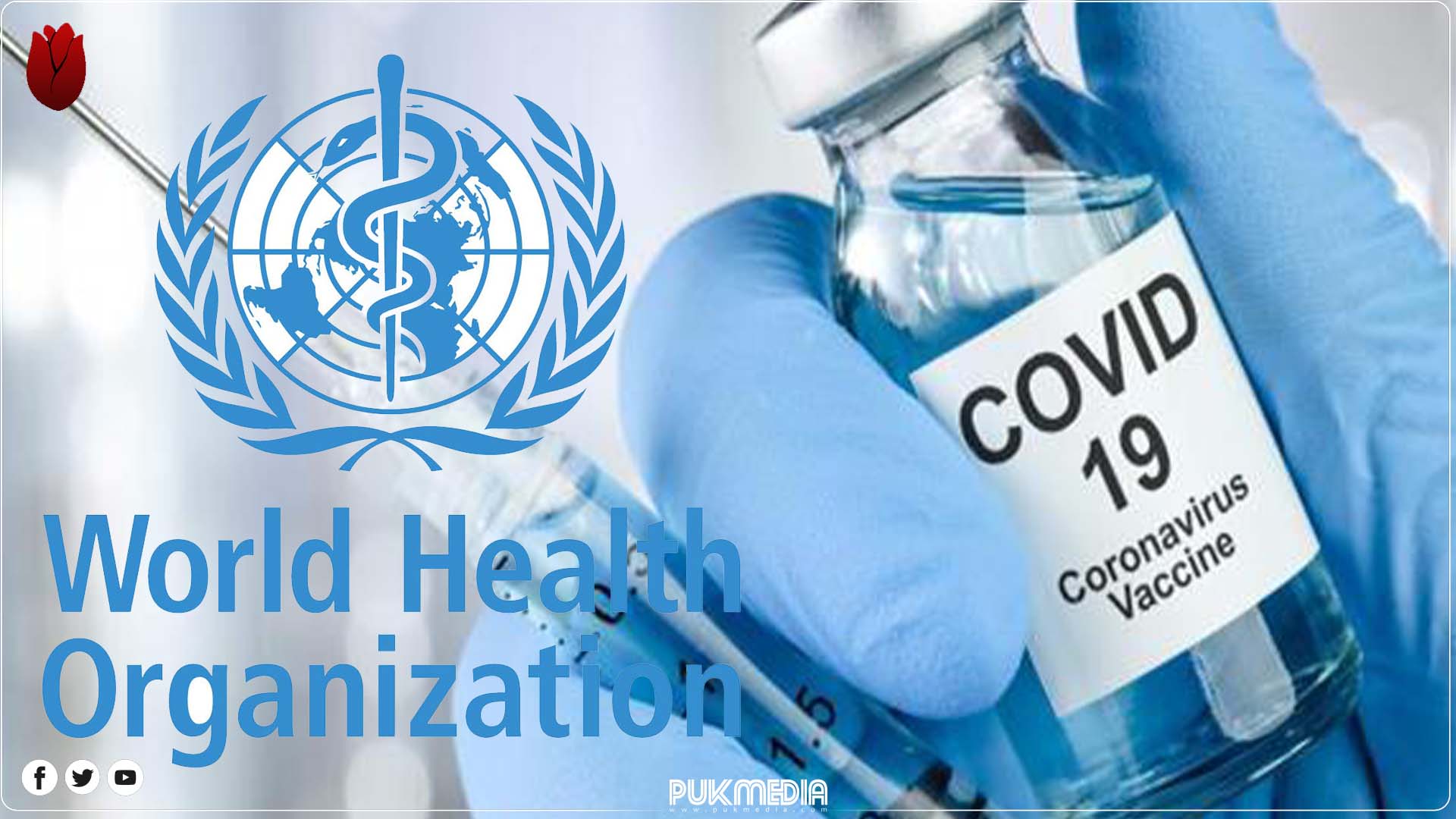Omicron: Is 'natural immunity' better than a vaccine?
Health 04:59 PM - 2022-01-15
As omicron outbreaks take over, many people are asking: Could the immunity you get from a COVID infection be the best protection against the virus, especially as it continues to mutate? We looked at the latest science.
Most governments — with the exception of some like Australia, as proven this week with the drama surroundingtennis star Novak Djokovic's entry — accept "recovered" status as a form of proven immunity against COVID. Meaning, if you have been recently infected and since recovered, you are considered adequately immunized.
But just how protective are the antibodies from infection in comparison with vaccine antibodies? And how does omicron factor into the equation?
The answer to that question isn't straightforward. So far, research suggests it mostly depends on which variant a person was infected with and when they tested positive.
What research on recovery vs. vaccination tells us so far
Before the omicron outbreak, the general scientific rule was that one bout of infection (from any variant) provides comparable immunity to a single jab, according to Julian Schulze zur Wiesch,head of the infectious diseases department at the University Medical Center Hamburg-Eppendorf.
Before omicron was part of the picture, research generally showed that people who had acquired immunity through a COVID infection were protected in the months following infection, but that immunity started to reduce after four to six months.
But whether that pre-omicron "natural immunity" was more protective than vaccination is still unclear.
One study published in late October 2021 by the US Centers for Disease Control and Prevention (CDC) found unvaccinated adults who tested positive three to six months earlier werefive times more likely to test positive for the virus than vaccinated adults who hadn’t previously been infected.
The study acknowledged that research was only done on patients with illness severe enough to require hospitalization, and that results may not be generalizable to non-hospitalized patients.
That CDC report came on the heels of an Israeli study in August with very different results. It found people who had received the BioNTech-Pfizer vaccine who had not previously tested positive for COVID were 13 times more likely to be infected by the delta variant than people who had been infected but not vaccinated. That research, which has not yet been peer reviewed, currently qualifies as the largest study comparing immunity gained from previous COVID infection to vaccine-induced immunity. While the CDC study surveyed some 7,000 hospital patients, the Israeli study surveyed over 30,000 members of the state’s national health system.
"It's kind of confusing, because there are so many variables," Schulze zur Wiesch told DW.
That's because our immune response is complex and influenced by many factors: The time of infection, the variant, the type of vaccine we received, whether we have been boosted and the overall strength of our immune system.
Age probably important in likelihood of COVID reinfection
Research shows that age is also likely to play a role in whether we will be reinfected after having had the virus.
A study involving US war veterans, funded by the US Department of Veterans Affairs Office of Rural Health and still in the peer-review process, shows that among senior citizens, mRNA vaccines offered stronger protection against infection, hospitalization and death than prior COVID infections.
But for participants under 65, the protection offered by vaccines was more or less the same as previous infection, the study found. The authors did disclose previous financial support from Pfizer.
The study, published in September, supports findings from a population-level Denmark study published in March, which was based on data collected during the second surge of the pandemic in late 2020 — before vaccines were widely available. Among younger people who had tested positive during the first wave, protection against repeat infection was around 80%. However among people aged 65 and older, immunity acquired through past infection was only around 47% effective.
And how does omicron factor into immunity?
The omicron wave is so new there is no conclusive data available yet on the quality of immunity provided via infection, but it's likely to be similar to other variants, said Schulze zur Wiesch. That means that if you've been infected with omicron over the past few weeks, you're probably safe from reinfection for the next few months.
But because omicron has a higher transmissibility rate than previous strains, higher levels of antibodies are needed to prevent infection. Immunity gained via only two vaccines or infection to earlier COVID variants (like delta or alpha) won't necessarily prevent omicron infection, he said, adding that regardless of whether you've been previously infected or double-vaccinated, a booster is your best defense against reinfection.
The effectiveness of protection against omicron provided by "natural immunity" from other COVID variants may be as low as 19%, according to a study conducted by the Imperial College London COVID-19 response team in late December 2021.
With that said, early findings generally indicate that as long as you have some form of immunity — either through two doses of a vaccine or past infection plus a singe dose — your course of an omicron infection is likely to be mild.
Is there such thing as 'super immunity?'
The body seems to respond best to a mixed immunity cocktail,according to Schulze zur Wiesch, citing a study his team conducted among German healthcare workers in 2021. Patients who received different types of vaccines — for example, the AstraZeneca vaccine, then a Moderna dose and a booster — appeared to have some of the greatest protection.
Other studies have indicated that people with a combination of immunity acquired through past infection plus two shots seem to fare the best of all. Immunologists have dubbed this phenomenon "hybrid" or "super" immunity.
Additionally, while some research shows the severity of infection could increase antibody counts, other studies have found it makes no difference.
But these findings don't take omicron into account, so we don’t yet know whether they are translatable to the current wave, Schulze zur Wiesch pointed out, adding that, for now, we will just have to wait on the science.
Despite the unknowns, one thing is clear to Schulze zur Wiesch: Unless you were infected by omicron in the last week or two, a vaccine or booster is your best chance at avoiding a COVID infection and giving it to others.
PUKmedia
More news
-
German Forces Commander Ended his Mission at Mam Jalal's Grave
12:28 PM - 2024-04-23 -
Golden Bla Awards Ceremony Takes Place in Sulaymaniyah
11:32 AM - 2024-04-23 -
PUK Official: PUK is Committed to Holding Elections on Time
11:04 AM - 2024-04-23 -
Turkish President Meets Kurdish Officials in Erbil
10:42 AM - 2024-04-23



.jpg)


 Application
Application


